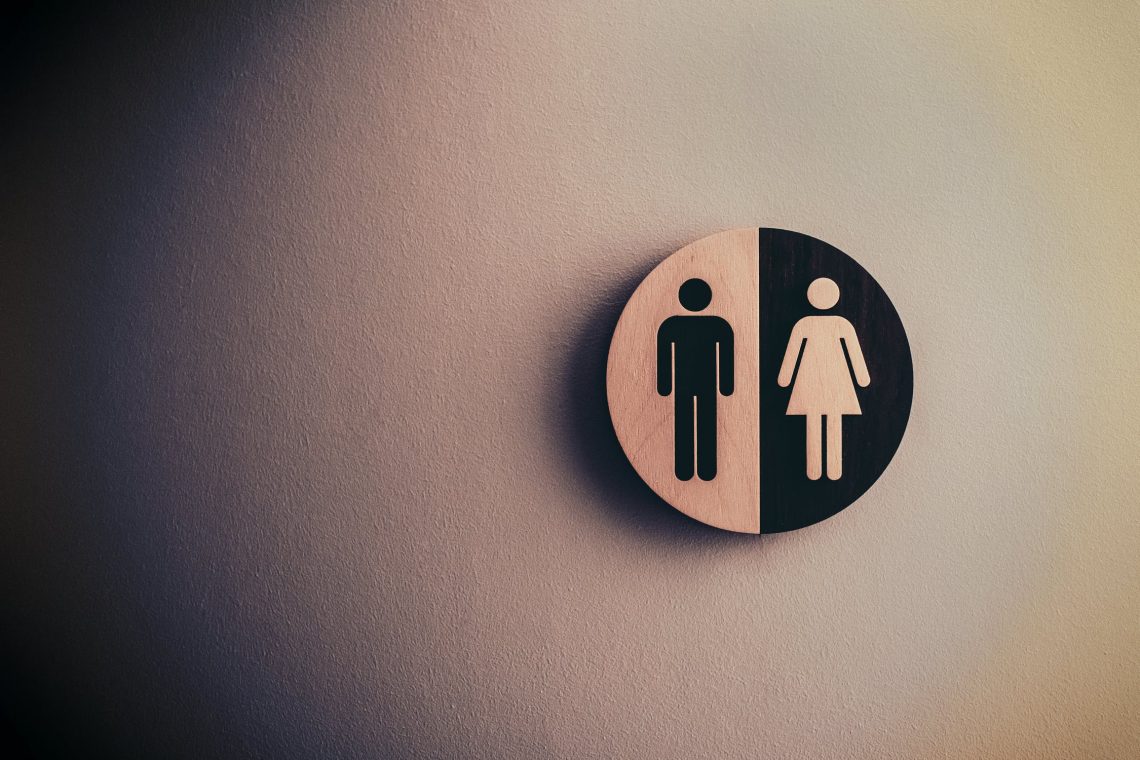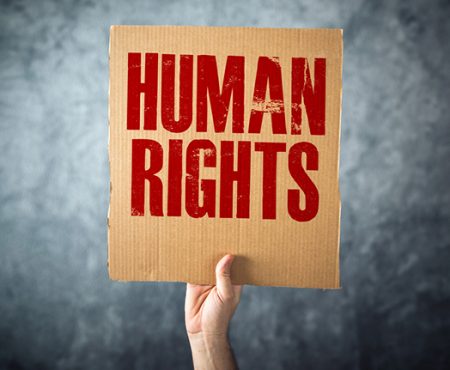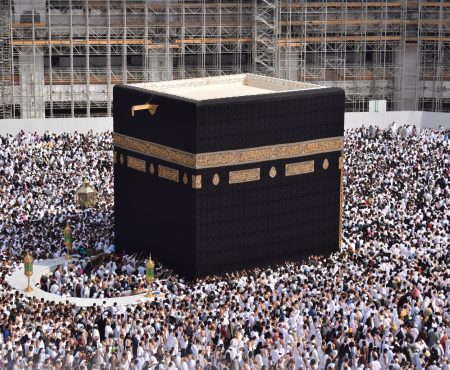The issue of gender equality is a hot topic in today’s world. Everybody is looking for equal rights and rightfully so. While the relationship between certain religions and gender equality may be a bit complex, not all religions are the same when it comes to this topic. Here we will delve into the Islamic point of view in this matter and what it has to say regarding the equality of the two sexes.
The Prophet Muhammad (PBUH) says, “All people are equal, as the teeth of a comb. There is no claim of merit of an Arab and a non-Arab, or a white over a black person or a male over a female. Only God-fearing people merit a preference with God.”
Overall, men and women are considered equally human in Islam and both are granted equal human rights. Although, their responsibilities may differ, they are both given an equal opportunity in reaching perfection and closeness to God. In some cases, men are given certain rights which women may not have, and in other cases women are given certain rights in which men are not given. However, when taken into context, one can easily identify the reasoning behind the laws in place, realizing that not only are they impartial, they actually do a pretty good job at maintaining equity between the two genders.
According to the Qur’an: “But the believing men and believing women are protectors of one another, enjoining right and forbidding wrong, performing the prayer, giving the alms, and obeying God and His Messenger. They are those upon whom God will have Mercy. Truly God is Mighty, Wise.” (9:71)
This verse highlights the spiritual and social standing of women, placing upon them spiritual and social obligations equivalent to that of men, particularly moral authority and protection.
In the early days of Islam, prior to the completion of the revelation of the Qur’an, when The Prophet Muhammad (PBUH) was asked by a woman why they were not mentioned in the same esteem as men, the following verse was revealed:
“For submitting men and submitting women, believing men and believing women, devout men and devout women, truthful men and truthful women, patient men and patient women, humble men and humble women, charitable men and charitable women, men who fast and women who fast, men who guard their chastity and women who guard [their chastity], men who remember God often and women who remember [God often], God has prepared forgiveness and a great reward.” (33:35)
In regards to religious obligations and rewards, the Qur’an clearly places no difference between men and women, granting both an equal opportunity.
The Qur’an further highlights the ethical obligations and rewards for men and women alike in the next two verses:
“And whoever does righteous deeds, whether male or female, should he or she be faithful -such shall enter paradise and they will not be wronged [so much as] the speck on a date-stone.” (4:124)
“Whoever acts righteously, [whether] male or female, should he be faithful, -We shall revive him with a good life and pay them their reward by the best of what they used to do.” (16:97)
With regards to education, Islam places major emphasis on pursuing knowledge and education amongst Muslims, regardless of gender. Islamic teachings constantly order all Muslims to read, recite, think, ponder, and to take lessons from God’s signs in nature. Furthermore, the pursuit of knowledge and education by Muslim men and women, and using that knowledge to help and give back to fellow human beings is highly stressed upon. According to The Prophet of Islam (PBUH), Muslims should seek knowledge, wherever it may take them, “even to China”. The Prophet’s (PBUH) lectures had many female attendees, and by the time of his death, there were plenty of female Muslim scholars.
When it comes to legal rights, Islam advocates for the granting of full legal rights to all individuals, men and women alike. Women in Islam are legally independent, and their obligations are not limited to that of their spouses or the men in their family. They may earn a living, engage in trade, and manage their own finances and property. A woman is not required to cook and clean for her husband and/or his family, although mutual agreements on maintaining a family life are a necessity.
Additionally, women are given a share in their family’s inheritance, with the Qur’an giving strict warnings to those who seek to deny them of that right.
Upon getting married, women are to be given a dowry which belongs to her alone, which the husband is not allowed to touch unless given to him voluntarily by the woman herself.
If a woman commits a civil offense, her penalty is no more or less than that of a man, and if she is harmed or her rights have been violated, she is entitled to compensation just like her male counterpart.
Just as with everything else, the matter of inheritance is no exception when it comes to equality. Both genders are entitled to inherit property. However, the portions may vary, causing a slight misunderstanding on whether Islam was favoring one side over the other.
In certain cases, a man receives two shares as opposed to a woman who receives only one. This is, in no way, a sign of preferential treatment towards men, as there are quite a few reasons why Islam has put in place such inheritance laws.
According to Islam, a man is responsible for providing all of his wife and family’s needs. Islamic law makes it his duty to adequately shoulder all financial responsibilities of his family and dependents. He is also required to make financial contributions to various causes in his society. Therefore, he is responsible for all of a family’s financial burdens along with a certain portion of society’s.
On the other hand, since Islam requires women to be provided for and financially secure, women bear no financial responsibilities whatsoever with the exception of optional personal expenses they may have such as an expensive piece of jewelry they may desire to purchase on their own.
This law is not limited to couples, as Islam seeks to guarantee a woman’s security in every way, including financial. If a woman is a wife, her husband must provide for her; if she is a mother, the burden falls on her son; if she is a daughter, her father is her provider; if she is a sister, her brother must cover her expenses, and the list goes on. If she has no one to depend on, then there is nothing for her to inherit, however, society and the government must provide for her. They must provide her with financial and other forms of assistance including employment, and any money she makes is hers to keep. What is clear here is that in the worst possible situation, women have extremely limited financial responsibilities while men are required to provide for them and bear their expenses.
What Islam seeks is dignity for all. The rights given to men and women are relevant to their roles and not simply a uniform set of rights for all, irrespective of the different capabilities and limitations both sides have.
Equality, liberty, dignity, and human rights are highly emphasized in Islam, and the main reason behind the manner in which its laws have been assigned is to ensure that these rights are not violated. Although men and women share equal rights in Islam, due to differences in their nature, their rights are not necessarily always identical. The existence of both men and women is essential for life as each side completes the other with their roles being equally vital, but not the same. This, however, does not in any way mean that one side is being favored over the other.






Tous les commentaires (0)